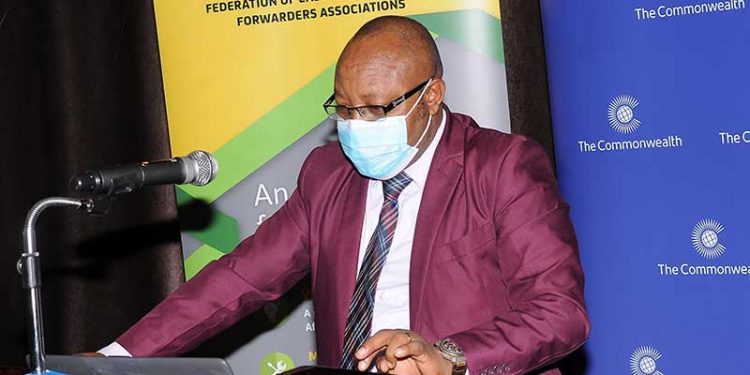The lack of knowledge on the benefits accruing to those accredited as Authorised Economic Operators (AEO) programme run by the Customs Authorities in the East African region has led to its low uptake, according to industry players.
This is a result of a lack of adequate sensitization among the industry stakeholders and tedious application processes that take long without sufficient guarantee that one will finally get accreditation.
Small and Medium Micro Enterprises (SMME) suffer the most as they are not able to keep the high standards and stringent measures that are employed by customs in vetting the AEOs.
There is also a lack of harmony and standard application and accreditation procedures, which affects the regional AEOs uptake. Other factors include fear of exposure and a perception that the process is not transparent.
According to a study done last year by the Federation of East African Freight Forwarders Associations (FEAFFA), the uptake has been averaging 27 economic operators authorized each year between 2015 and 2019.
“Majority of the operators currently reporting benefits from the AEO program are by default relatively large operators. Smaller operators expressed feelings of exclusion and low value for money,” noted the study that was supported by Commonwealth Secretariat through the Trade, Oceans and Natural Resources Directorate.
“AEO accreditation is a significant tool for trade facilitation and EAC has made significant progress in enhancing its uptake in the region,” said Stephen Analo, a Customs expert at the East African Community (EAC).
The 39th meeting of EAC’s Sectoral Council on Trade, Industry, Finance, and Investment (SCTIFI) adopted the simplified AEO accreditation criteria that suit the Micro, Small and Medium Enterprises (MSMEs). The Sectoral Council further directed the EAC secretariat to undertake analysis for the purposes of developing a harmonized framework for the thresholds for accrediting regional AEOs to determine the classification of MSMEs in the region.
Humphrey Asiimwe, a Ugandan-based trader said that efforts to facilitate trade in the region in recent years have seen the governments provide many incentives that were originally enjoyed by AEOs. There is, therefore, a continuous need to come up with new incentives to make the programme attractive to the operators, he said.
In places like South Korea, Europe and the United States (USA), to enhance supply chain security, AEO programmes have incorporated other agencies such as banks and insurance companies, he added.
However, this is expected to change in the coming days if the ongoing efforts by the EAC, regional governments, and the private sector in implementing the simplified accreditation criteria, harmonization of accreditation processes, enhancement of AEO benefits, and continued awareness creation among stakeholders yield results.





